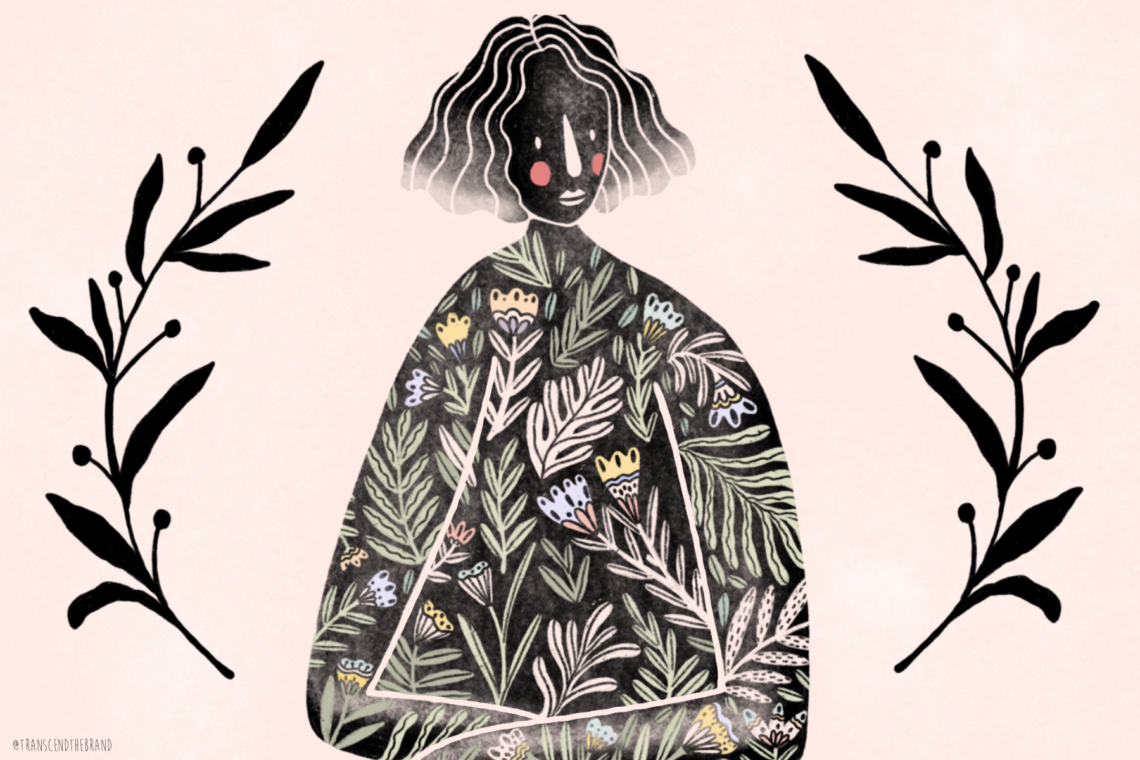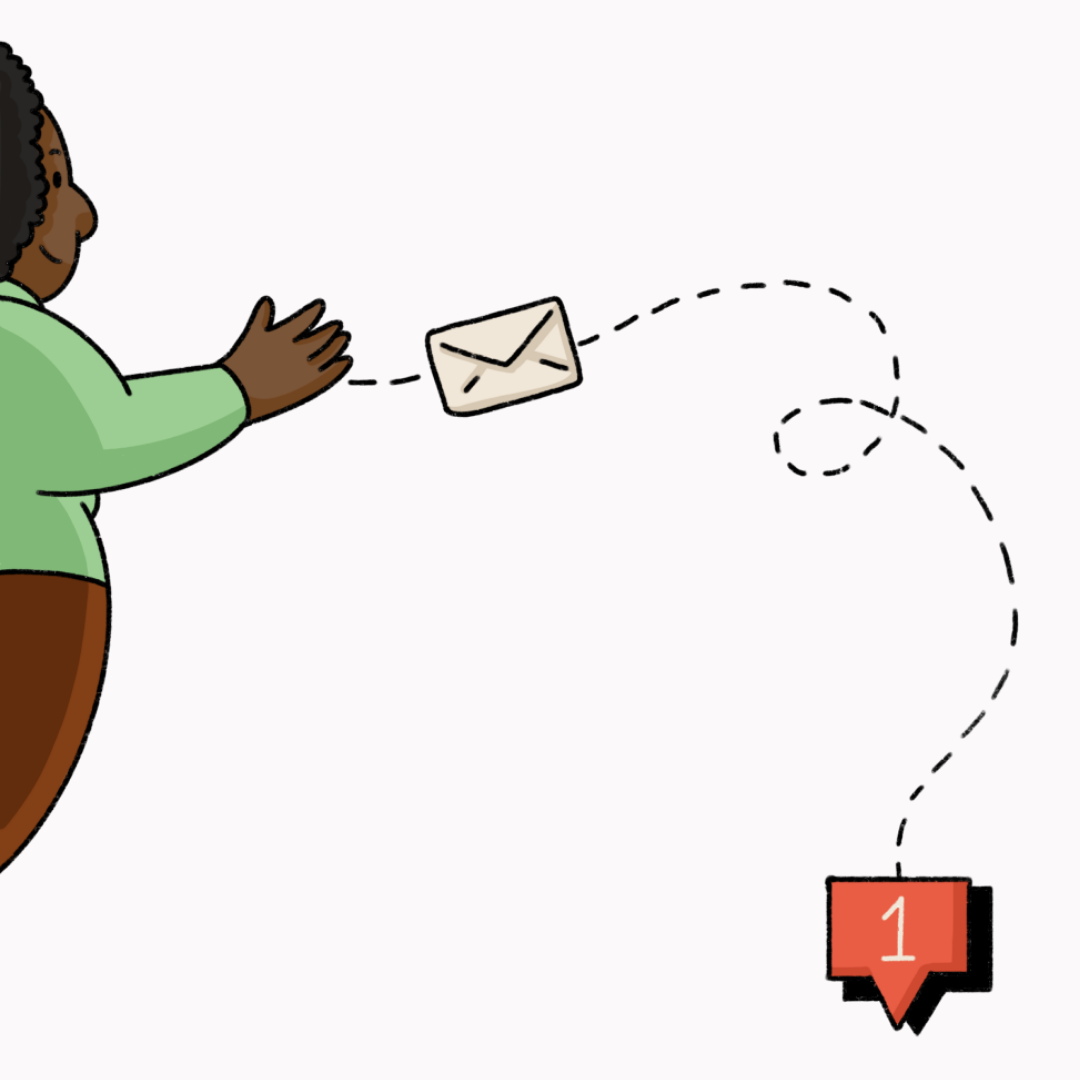Written by: Isis Lunsky (she/her).
Edited by: Zahra Taboun (she/her).
CW: sexual assault/violence
I remember coming into the emergency department with a cough and fever. I was 19 and it was pre-COVID, so it seemed like a benign visit. The resident physician comes over and asks some routine questions about my health, until there was one that stumped me:
“Are you sexually active?”
I… honestly didn’t know. Not because I was clueless about what sex entailed, but because if the sexual contact wasn’t consensual, if even thinking about it felt violent, and if I couldn’t remember much more than “it happened,” I wasn’t sure how to respond. Can that be considered sex?
Seeing my confusion, the doctor decided to run a pregnancy and STI test. When they came back negative, he smiled and said, “Looks like you have nothing to worry about,” as though the only possible negative outcomes of sexual violence were covered with a urine dip. I left the hospital somehow feeling worse than when I came in, but couldn’t shake the feeling of something brooding deep within, waiting for me to drop the façade of being “fine” and finally be released.
Fast forward to my final year of undergrad and I am applying to medical school. Deciding where I want to apply, I flip through websites for each of the schools… until I see a photo. His photo. He’s smiling with his class; a poster child for the future of medicine. The man who traumatized me was going to be a doctor – and suddenly I couldn’t breathe. My arms started shaking, my head started spinning, and I was thrown back into the experience of having no control over my life or my body. I could feel the tears rolling down my cheek but had no idea how to make the pain – or the fear – go away. I felt like I was being crushed; I was helpless.
Sexual violence sticks with you, long after the active threat is gone.
Panic attacks were the first manifestation of what I’ve since learned is post-traumatic stress disorder. Fortunately, it was enough to get me to finally start talking about it. I sat down with a close friend and though I seldom knew what to say, that voice waiting to be released did. I spoke about the assault, but also the shame surrounding it and the blame I held for myself now that he was going to be in a position of power where this could happen to someone else. For the first time in years, I felt seen, heard, and most importantly validated; I was not alone.
However, not everyone was supportive or kind. I was told by multiple university faculty members that reporting this would label me as a “troublemaker”, or that he was a good person and there was no reason to ruin his future. This culture of victim-blaming and false futility silences survivors who deserve to be heard. Unfortunately, I was one of them. I never got closure or justice – and that’s the reality of most stories like this.
However, the point of this story is not a happy ending – it’s learning how to cope.
I started therapy. I read about sexual violence and PTSD. I learned what my triggers were and the signs of a panic attack so I could prevent them from happening as frequently. I learned who I could trust, who would understand my perspectives and who was not worth my time. I discovered that not everything works (running and silent meditation weren’t great fits for what I needed), but some things do. I had periods of growth and relapse, and I am continually working on myself in this regard. I had new relationships, some of which brought nightmares and flashbacks, but others of which brought peace and support. I am still learning how to choose myself and my mental and sexual wellbeing, but I also take time to note the progress I have made thus far.
We need better terminology – “sexually active” is, frankly, a terrible and unclear phrase. Sex isn’t a check box
Reflecting on it now, I wish that doctor in the emergency department prompted me a little further, dug a little deeper, and realized the potential impact a question about my mental health could have made.
But medicine is still learning how to talk about sexual violence (and sex in general). We need better terminology – “sexually active” is, frankly, a terrible and unclear phrase. Sex isn’t a check box; physicians and nurses shouldn’t shy away from explicitly asking about sexual practices, safety in sexual relationships, and mental health in relation to sex. It’s how the medical field will get a better understanding of what we can do to not only support the many individuals who experience sexual violence, but how to screen for risk factors and prevent it from happening in the first place.
We also need to develop a holistic perception of sexual health; it’s more than the function of your reproductive organs – it’s mental stability. It’s body reclamation. It’s working through the trauma until it – and the people who have harmed you – are no longer in control of your emotions. Sexual health is the knowledge that you deserve love, physical and emotional, and no one can take that from you.



